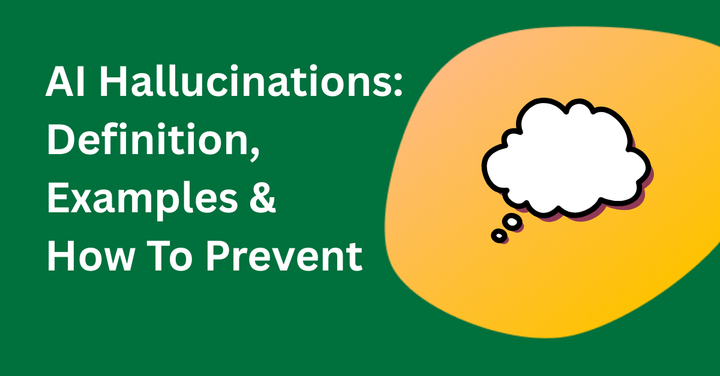AI Conversation with Teachers: Professor M. David Burghardt
Hofstra Engineering Professor David Burghardt discusses adapting the use of ChatGPT in education for industry readiness.

I am delighted to bring you another installment of our GPTZero blog series, "AI Conversations with Teachers," focusing on the use of AI in the classroom. In this edition, I have the privilege of chatting with Professor M. David Burghardt, an esteemed educator with extensive experience in teaching mechanical engineering, thermodynamics, and STEM education of K-16 students at Hofstra University. It was a pleasure to talk with Professor Burghardt, picking at his expertise and innovative approach to education, and learning how he plans to integrate AI chatbot use, like ChatGPT, into his teaching methods.
Could you please first introduce yourself and tell us all about who you are?
My name is Professor Burghardt, and I’ve been teaching mechanical engineering and thermodynamics in the Engineering Department for five decades at Hofstra University and the Merchant Marine Academy. I also teach in the School of Education at Hofstra where I teach children’s engineering to elementary and middle school teachers at the master's level. The curriculum is essentially how to use engineering design as a pedagogy for teaching K-16, and it’s where I spent most of the past 30 years of my career. With that, as a research focus, I’ve written 13 books, a whole bunch of articles, and won major NSF grants for a total funding of $40 million. I also teach a course on the impact of technology and society. That’s my background, and I keep evolving everyday.
How do you plan to integrate AI chatbot use like ChatGPT into your teaching?
In my thermodynamic courses and education courses, I do not plan on using ChatGPT at all, but in the course I teach on the impact of technology on society, I have students write 750-word essays on specific topics to then give presentations on, for instance, the impact of electrification in New York City in 1990. These are essential skills to have in the workplace. My goal is to have them take an essay that ChatGPT writes, and transform it into making it theirs by tracking changes in Word. This way, I can see the original output that ChatGPT made, and the students' process of editing it as it becomes their own essay through tracked changes.
I don’t know how this is going to work out because the students will be taught to become editors and not writers; however, when I talked to some of my brightest students from the spring semester who worked in the industry and came back to discuss with me, he was totally in favor of this strategy because he felt that this is the procedure of what will happen in the workplace. He said that you’re going to have to use ChatGPT as a tool, and it’s essential to have practice using it as a tool, which is what my course can offer.
What has the general consensus been surrounding the use of ChatGPT in your work environment? Are there policies Hofstra is working on to preemptively mediate the use of AI for the coming school year?
Well, I have colleagues in the computer science department here, and their attitude after talking to them is that it doesn’t matter because they ask more sophisticated questions than what ChatGPT can handle. We also have an internal conference here at Hofstra at the end of September about whether faculty should incorporate ChatGPT into the classroom. I’ll be one of 59 panel members to find out what others are doing. I suspect that some will want to use AI detection software like GPTZero because they do not want AI used at all in their classrooms.
Have you used GPTZero before in your classroom? How much do you anticipate using AI writing detection tools in the coming school year?
I anticipate not much. Because I am going to have my students actively use ChatGPT, I won’t have to detect it. I did use GPTZero last semester, and there were two instances where students had unauthorized use of AI. After putting those students' work through GPTZero, I found that they used ChatGPT in their assignments, confronted them, and we moved on. In the end, I said that if they used AI-generated text again, they would fail the course.
I love that you have such a level-headed mentality to handling AI-use in your classrooms this Fall. You seem to have concrete steps in place, and a belief that your students will learn regardless.
Well, I mean, we will see what happens! I don’t know what will happen. I’m sure there’s going to be a lot of concern and chaos surrounding the use of AI in the beginning, but if things ultimately don’t work out, then I will adapt and put stricter methods in place to police the use of AI. We will see.
Disclaimer: Interviewee responses have been lightly edited for clarity.


